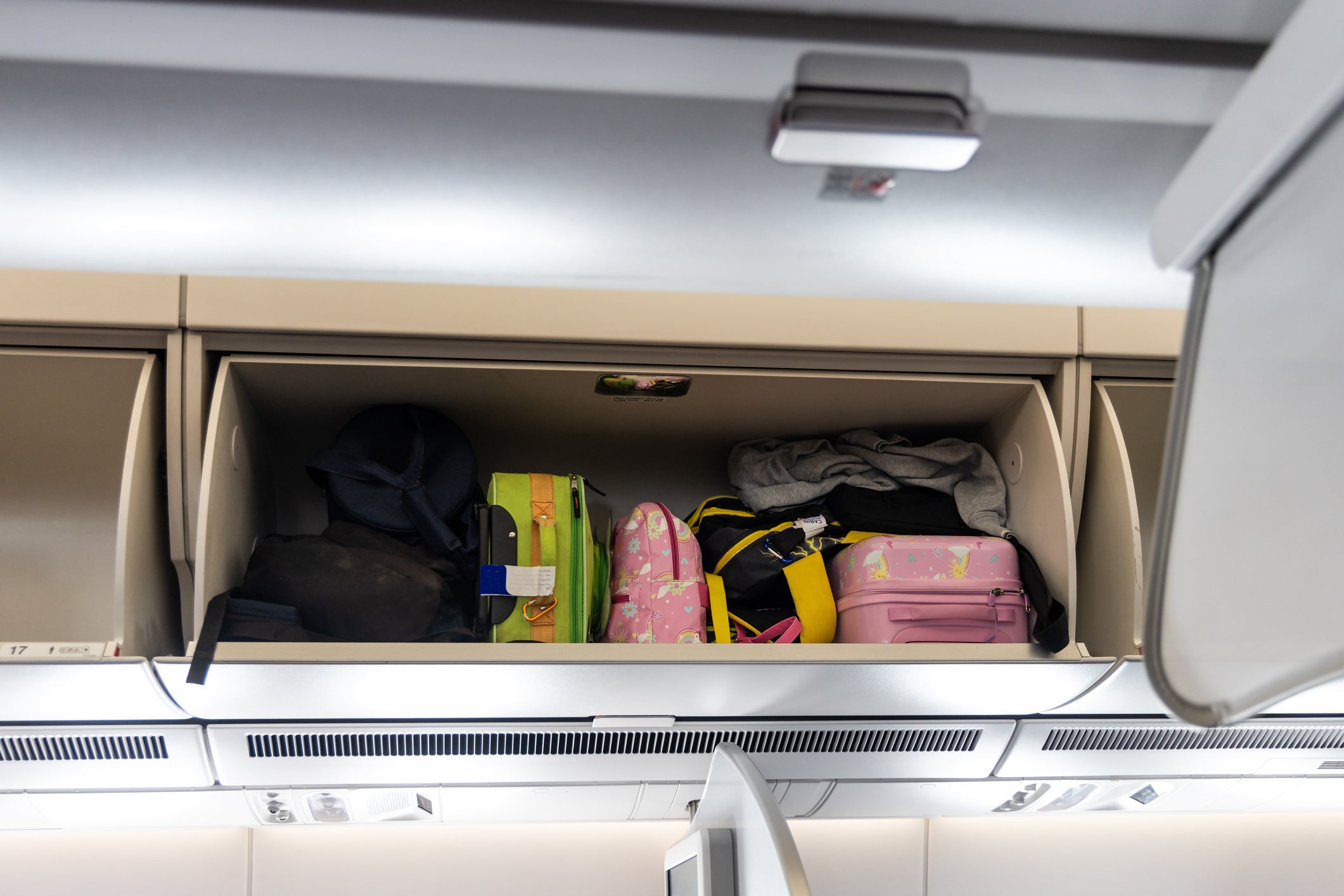Batteries, fireworks... fruit? The surprising item you’re banned from taking with you when jetting off
This tropical fruit poses a potential fire hazard

Air passengers are being reminded what not to bring onboard ahead of the summer travel season – and coconut may be a surprising entry on the no-fly list.
While passengers can pack whole coconuts in both hand and hold luggage, the oil-dense meat inside the tropical fruit is banned from most aircrafts.
Copra, the dried white flesh inside a coconut, poses a fire hazard while flying due to its high oil content that is usually extracted to produce coconut oil.
The International Air Transport Association’s Dangerous Goods Register (IATA) categorises the highly flammable coconut meat as a Class 4 risk in the cargo.
A Class 4 Dangerous Good label marks dried coconut as a “flammable solid liable to spontaneous combustion” that could “emit flammable gases when in contact with water”.
Most airlines including Jet2, Tui, Ryanair and easyJet do not permit travellers to carry copra in hand luggage or checked bags due to the fire safety risk.
According to the IATA: “Perishable goods (such as fruits, flowers, and vegetables) were among the first commodities carried by air. However, such goods deteriorate over time and under extreme temperatures and humidity, and must thus be handled with particular care.”
“Copra dust may be ignited by a single spark”, says the IATA, but the fruit’s fat decomposition can also lead to a “risk of self-heating”.
Travelling by air with retail-packaged coconut products is however permitted.
A statement on the IATA website says: “IATA works closely with local governments and ICAO in the development of regulations. This way, we ensure that the rules and guidelines on dangerous goods transport are effective and operationally practical.
“The IATA Dangerous Goods Regulations (DGR) manual is the global reference for shipping dangerous goods by air and the only standard recognized by airlines.”
Liquids, including drinks, cosmetics and toiletries, have been the most flagged carry-on contraband for years, with hold luggage a must to transport large shower gels, toothpaste and aerosols on holiday.
In 2019 Boris Johnson vowed the rules would be eased at major UK airports by 1 December 2022, allowing larger quantities and eliminating the need to have liquids separately scanned. Rishi Sunak’s government extended that deadline to June 2024. But some airports have now deployed the necessary technology and are offering passengers light-touch security.
For more travel news and advice listen to Simon Calder’s podcast.
Join our commenting forum
Join thought-provoking conversations, follow other Independent readers and see their replies
Comments
Bookmark popover
Removed from bookmarks